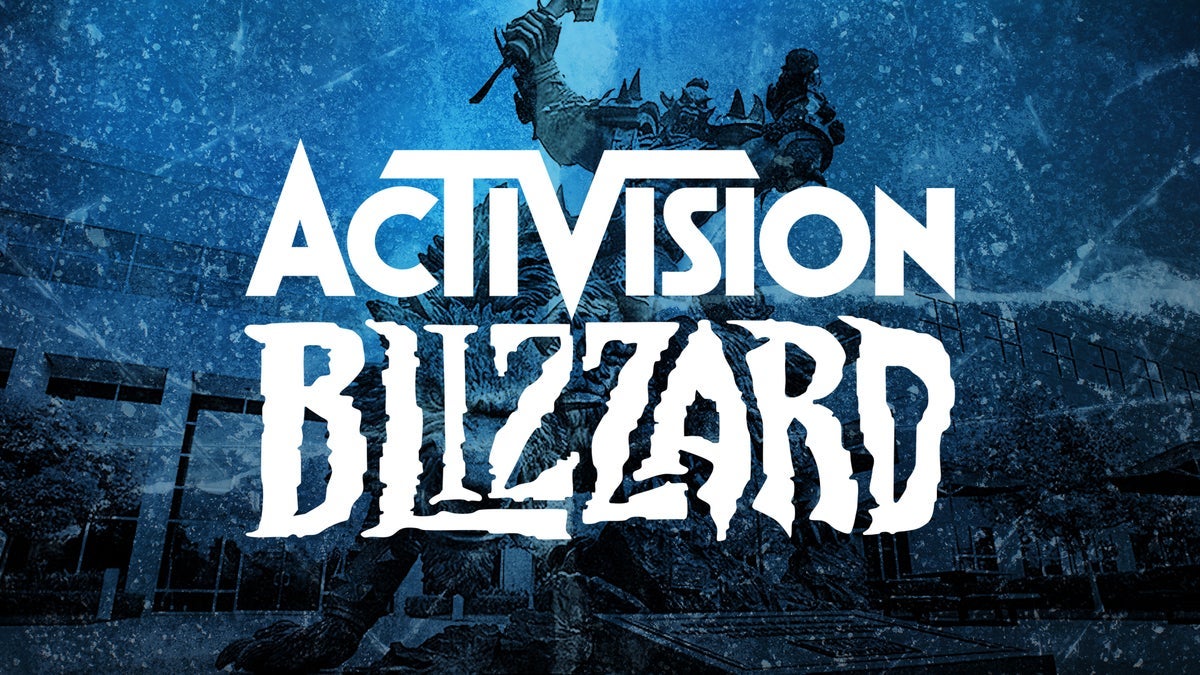Whose Reality?
Societal Implications of Virtual Reality
Upon exploring the fields of entertainment and employment, we have seen that one of the main drawbacks of VR is its emphasis on individualism, but there are other factors to consider. There are implications to entering a simulated reality, and who designs it and for whom are important factors to consider. Much has been said over the past decades over the role of misogny, racism, and heteronormativity in the medium of film. For so long, a huge majority of the people who decided what films get made, who make them, and how they were made were white, straight men. This influenced the entire language of cinema, and left a lot of people alienated. This can be just as big a problem with VR, but the effect is arguably amplified. You are not just viewing the work through the screen, but are fully immersed in the experience. Char Davies, a VR artist, had this to say in 2003:
 |
|---|
| Char Davies |
As progeny of the Western-military-industrial paradigm, the technology associated with so-called virtual reality is anything but neutral. The origins of 3D digital technology lie deep within the Cartesian philosophic tradition, a tradition whose dualistic privileging of mind over body, male over female, and human over "nature", has arguably contributed to an historic devaluation and objectification of the body, women, and animals, and to the ongoing plunder of the natural environment as a resource for profit and human consumption. (Davies)
When someone creates a VR environment, they are naturally going to be biased in their execution. When you code or film the experience, no matter how much freedom the user has, you will still be deciding the different ways in which the environment reacts to them, and you will naturally have blindspots based on your experiences, or lack thereof. What is the default race or gender of the avatar? If it is customizable, how will the environment be affected by this?
 |
|---|
The field of VR today is certainly not as homogenous as the film industry was during the development of cinema, but it does still skew extremely male and white, especially in high-up positions at larger companies. The Gaming industry, which is a huge part of VR, is notoriously hostile towards woman. Think of the fallout of Gamergate, or even during the writing of this, Activision Blizzard, a huge gaming company, has been exposed for its treatment of female employees, with claims of a culture that promoted, or at the very least let slide continuous sexual harassment.
While the question of equity is important in any field, it seems especially important when doing something as monumental as constructing new realities. We have unfortunately failed to rectify this issue in time for the genesis and widespread distribution of VR, but maybe we can seek to do better before it becomes a fully-formed medium.
